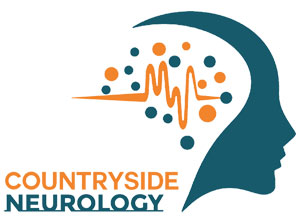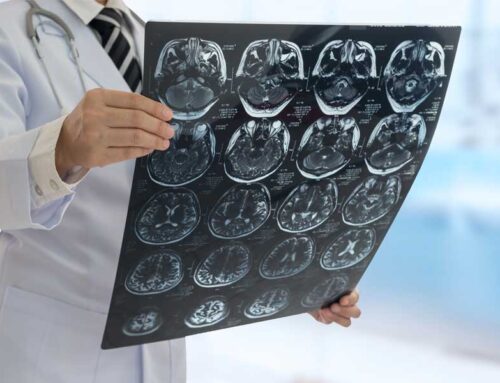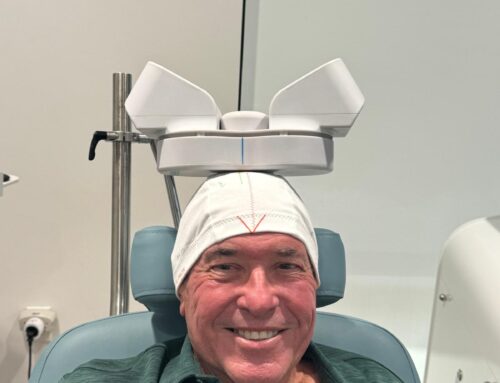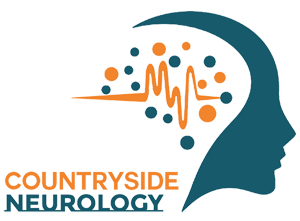Introduction: Unraveling new avenues for addiction therapy, a recent pilot study titled “Twice-Daily Theta Burst Stimulation of the Dorsolateral Prefrontal Cortex Reduces Methamphetamine Craving” brings forth exciting insights. Published in Frontiers of Neuroscience, the study explores the efficacy of accelerated theta burst stimulation (TBS) as a potential game-changer in the realm of addiction treatment.
Abstract Insights: In the quest for effective addiction interventions, transcranial magnetic stimulation (TMS) emerges as a beacon of hope. The study builds on previous findings, indicating that high-frequency repetitive TMS over the left dorsolateral prefrontal cortex (DLPFC) and low-frequency TMS over the right DLPFC can reduce cravings for methamphetamine. Aiming to address a crucial challenge in TMS—treatment duration—the study delves into the clinical efficacy and tolerability of intermittent and continuous theta burst stimulation protocols.
Methods: Conducting a randomized single-blind pilot with 83 abstinent methamphetamine-dependent subjects, the study compares intermittent theta burst stimulation (iTBS) over the left DLPFC, continuous theta burst stimulation (cTBS) over the left DLPFC, and cTBS over the right DLPFC. Administered twice daily over five days, totaling 10 sessions, the primary outcome measured is cue-induced craving. Secondary outcomes encompass sleep quality, depression, anxiety, impulsivity scores, and adverse effects.
Results and Implications: The study reveals a notable pre- vs. post-intervention effect on craving, particularly with iTBS of the left DLPFC and cTBS of the right DLPFC. While the left iTBS and right cTBS groups showed improvement in craving, cTBS of the left DLPFC did not demonstrate the same effect. The secondary outcomes of depression, anxiety, and sleep were not significantly linked to the improvement in craving for the left iTBS and right cTBS groups.
Conclusion and Future Directions: In a groundbreaking revelation, accelerated twice-daily TBS demonstrates feasibility and tolerability in modulating craving and mood changes in abstinent methamphetamine dependence, all while significantly reducing session length. The study stresses the importance of further exploration through larger randomized controlled trials with sham controls for confirmation and longer-term follow-up.
Unlock the Future of Addiction Treatment at Countryside Neurology! Ready to break free from addiction’s chains? Countryside Neurology offers cutting-edge therapies, including TMS, under the guidance of Dr. Khademi, trained at Beth Israel Deaconess Harvard Medical Center. Contact us at 727-712-1567 to embark on your transformative journey to recovery.





